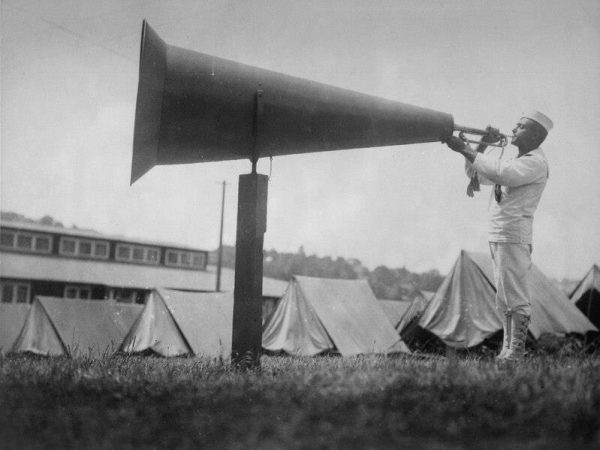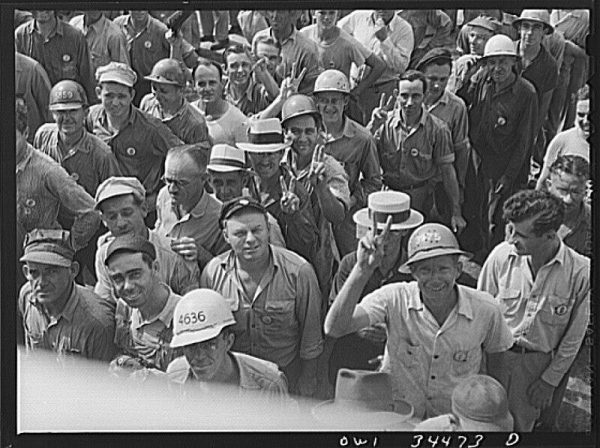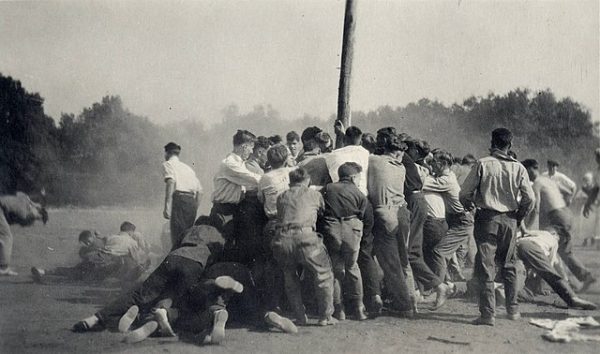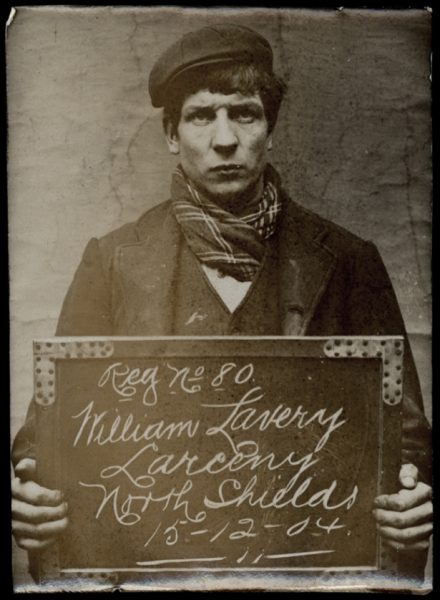Author Archive

WHAT’S NEW IN 2025
WHISTLEBLOWER POSTING
California employers must prominently display a workplace whistleblowers’ rights and responsibilities notice.
The Labor Commissioner’s Office’s (LCO) existing “Whistleblowers are Protected” sample notice states the agency “believes” (but does not guarantee) that its text complies with applicable law.

FROM THE GROUND UP
I knew I was in trouble when Florence Morris, Mother Florence, grabbed me by the collar. And that was only my first day in Liberia, May, 2006, fighting an intestinal insurgency while stifling inside the tiny, tightly packed house, her Global Cares Mission Academy for 150-plus local kids and orphans.

KNOW, THEN GO
California employers must abide by a spate of rules and tests governing independent contractor classification. California’s strict “ABC” test considers all workers employees unless a company can establish that the worker (a) is free from its control and direction; (b) performs work outside the usual course of the company’s business; and (c) operates as an independent business of the same nature as the work performed.

HANDBOOK HELPER EPISODE 42
WORK TIME OFF FOR VOTING
An employee whose scheduled shift does not permit time outside of work to vote in a public election may take up to two paid hours off to do so. The employee must give two days’ advance notice and receive written supervisor approval.

WHAT’S NEW IN 2024
NON-COMPETE NO NOS
Existing Business and Professions Code 16600 prohibits California employers from having their employees sign non-compete clauses that restrain them from engaging in lawful professions, trades or businesses.
The legislature has now created these additional prohibitions:

WHAT’S NEW IN 2024
REPRODUCTIVE LOSS LEAVE
Senate Bill (SB) 848, effective January 1, 2024, requires such employers to provide a separate form of leave for up to five days of consecutive or non-consecutive leave following a “reproductive loss event,” such as a failed adoption, failed surrogacy, miscarriage, stillbirth, or an unsuccessful assisted reproduction (i.e., an unsuccessful round of intrauterine insemination or embryo transfer). Both parents are eligible for this leave.

CAUTIONARY TALE EPISODE 72
HELPING CRIMINALS BACK INTO SOCIETY
Employer Moraga-Orinda Fire Protection District has agreed with the California Civil Rights Department to pay $100,000 to settle an alleged violation of the Fair Chance Act.

HANDBOOK HELPER EPISODE 32
FAMILY AND MEDICAL LEAVES POLICY
California employers with five employees or more must provide eligible workers with unpaid job-protected family and medical leave under the California Family Rights Act(CFRA). Employers with 50 or more employees must also comply with the corresponding federal Family and Medical Leave Act (FMLA).

KOFI
Thank you, readers, for the many encouraging responses to pieces on recent West African travel and our progress with the Applied Scholastics African Literacy Campaign (3/23 – 4/3/23). Letter from Liberia (March 24, 2023) and The Wrong Thing to Do: Nothing(March 25, 2023) More from those days? Sure, my pleasure. …

HANDBOOK HELPER EPISODE 23
PAYDAYS AND DEDUCTIONS POLICY
California employers must schedule either weekly, biweekly, or semimonthly (minimum two/month) payrolls. All wages must be paid within seven calendar days following the close of the payroll period. Temporary employees must usually be paid weekly (or daily for daily assignments).
